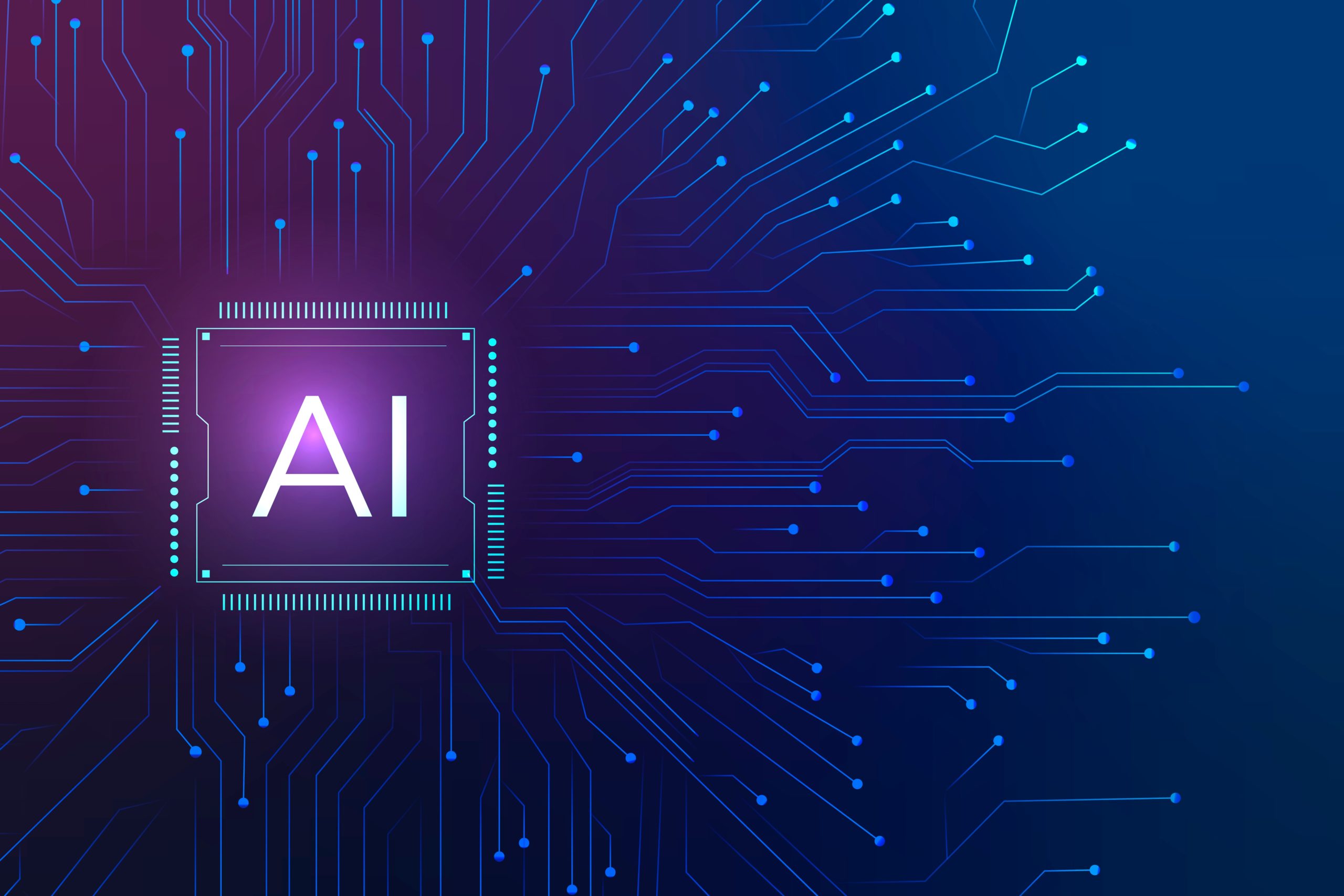AI and ethics: navigating the challenges of bias and fairness.
 Sawan Kumar Jha
Sawan Kumar Jha
As artificial intelligence (AI) becomes increasingly integrated into various industries and applications, there is a growing concern about the ethical implications of these technologies. One of the significant challenges in AI is the potential for bias and unfairness in the decision-making process. Here are some of the challenges and ways to navigate them:
Bias in Data: Machine learning algorithms rely heavily on data to make predictions and decisions. However, if the data is biased, the algorithm will be biased as well. For example, a facial recognition system trained on mostly white faces may not perform well on faces with darker skin tones. To navigate this challenge, it's important to ensure that the training data is diverse and representative of the population being served.
Transparency: Another challenge in AI is the lack of transparency in how algorithms make decisions. It can be challenging to understand how a particular decision was made and what factors were considered. To address this challenge, it's essential to develop explainable AI (XAI) techniques that can provide insight into the decision-making process.
Fairness: AI models must be fair and unbiased in their decision-making. For example, an algorithm used for hiring should not discriminate against candidates based on their gender, race, or ethnicity. To navigate this challenge, it's important to evaluate the performance of the model on different demographic groups and adjust the algorithm if needed.
Accountability: AI systems must be accountable for their decisions and actions. This means that if something goes wrong, there should be a way to trace the decision back to the algorithm and understand how it was made. To address this challenge, it's essential to have clear documentation and processes in place to track and audit the decisions made by AI systems.
Human Oversight: AI systems must be designed with human oversight to ensure that they are aligned with ethical and moral values. This can include designing ethical guidelines and codes of conduct for the use of AI and involving human experts in the decision-making process.
In conclusion, AI and ethics are complex and interrelated issues, and navigating the challenges of bias and fairness requires a multi-disciplinary approach. As AI continues to become more integrated into our lives, it's essential to prioritize ethics and ensure that these technologies are designed and used in a way that aligns with our values and principles.
Subscribe to my newsletter
Read articles from Sawan Kumar Jha directly inside your inbox. Subscribe to the newsletter, and don't miss out.
Written by

Sawan Kumar Jha
Sawan Kumar Jha
Hi there, this is Sawan Kumar Jha a Tech Enthusiastic